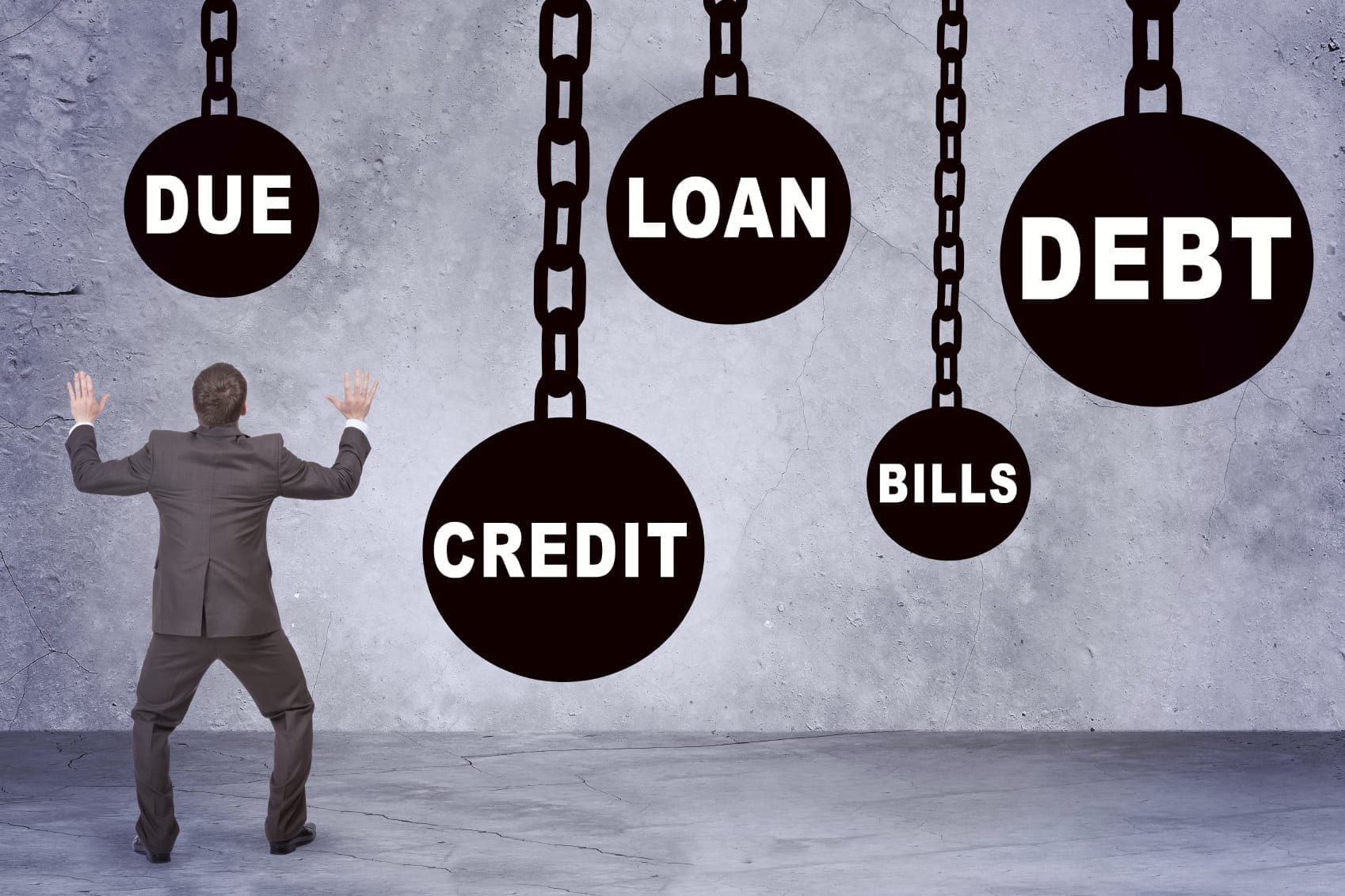we have answers.
A question Directors often ask when their company faces insolvency is, “Can I be made personally liable for my company’s debts?”
And like so many other questions regarding insolvency, liquidation and bankruptcy, the answer is, “It depends”.
Here are five potential areas where the director of a company facing insolvency can be made personally liable for its debts:
- Claims for insolvent trading
- Unreasonable director-related transactions
- Claims for loss of employee entitlements
- Unpaid PAYG and superannuation contributions
- Personal guarantees
The first three areas are limited to insolvency situations, and are brought about by either Liquidators or creditors in accordance with the Corporations Act 2001 (“the Act”). However, that’s not the case for the latter two areas, and the director can be made liable for the company’s debts whether it’s involved in an insolvency situation or not.
Let’s look at each area a bit more closely.
Claims for insolvent trading
A director can be held liable for the outstanding amount of any debts the company incurred while insolvent. This amount is calculated when the external administrator is appointed.
However, in accordance with Section 588H of the Act the director can defend the insolvent trading claim by stating they:
- had reasonable grounds to believe the company was solvent
- hadn’t been participating in the company’s management due to illness (or another good reason)
- took all reasonable steps to prevent the company from incurring the debt.
Note: They need only to successfully establish one of the three defences.
For more information, watch our video on how company directors can avoid the risk of insolvent trading.
Unreasonable director-related transactions
This is where a company gives a director, their close associate or their nominee an unreasonable benefit by:
- paying money
- issuing securities
- incurring obligations.
The Act defines unreasonable as:
“… if it may be expected that a reasonable person in the company’s circumstances would not have entered into the transaction having regard to the benefits (if any) and detriment to the company entering into the transaction and also the benefits to the other party to the transaction.”
The director can be liable for any loss the company suffers by entering into the transaction.
Claims for loss of employee entitlements
In a liquidation scenario, a director may be held liable if the company enters into an agreement or transaction that reduces the assets available to pay employee entitlements. The agreement must be entered into with the intention of either:
- preventing the recovery of employee entitlements
- significantly reducing the amount of employee entitlements that can be recovered.
A director can be liable for any loss the company suffers by entering into the transaction.
Unpaid PAYG and Superannuation Contributions
A director can be made personally liable if the company fails to:
- lodge or remit its PAYG Withholding Tax
- pay its mandatory superannuation contributions by the due dates.
This is done via a Director Penalty Notice.
Personal Guarantees
If a director guarantees to pay a debt to a creditor when the company isn’t in a position to do so, they can be held liable under a Personal Guarantee.
A personal guarantee can be enforced against a director at any time unless the company is in voluntary administration. In this scenario, a creditor must wait until the voluntary administration has ended before enforcing their guarantee.
If the director pays the debt owed by the company in full they’re entitled to replace the creditor who was paid, effectively becoming a creditor of the company in their own right.
Is your company facing insolvency? Are you concerned about whether you’ll be liable for its debts? Then come and talk to us here at Rapsey Griffiths. We can talk about your situation, and help you come up with a solution that works best for both you and your company.
Don’t wait until it’s too late to act. Get in touch with us today.


